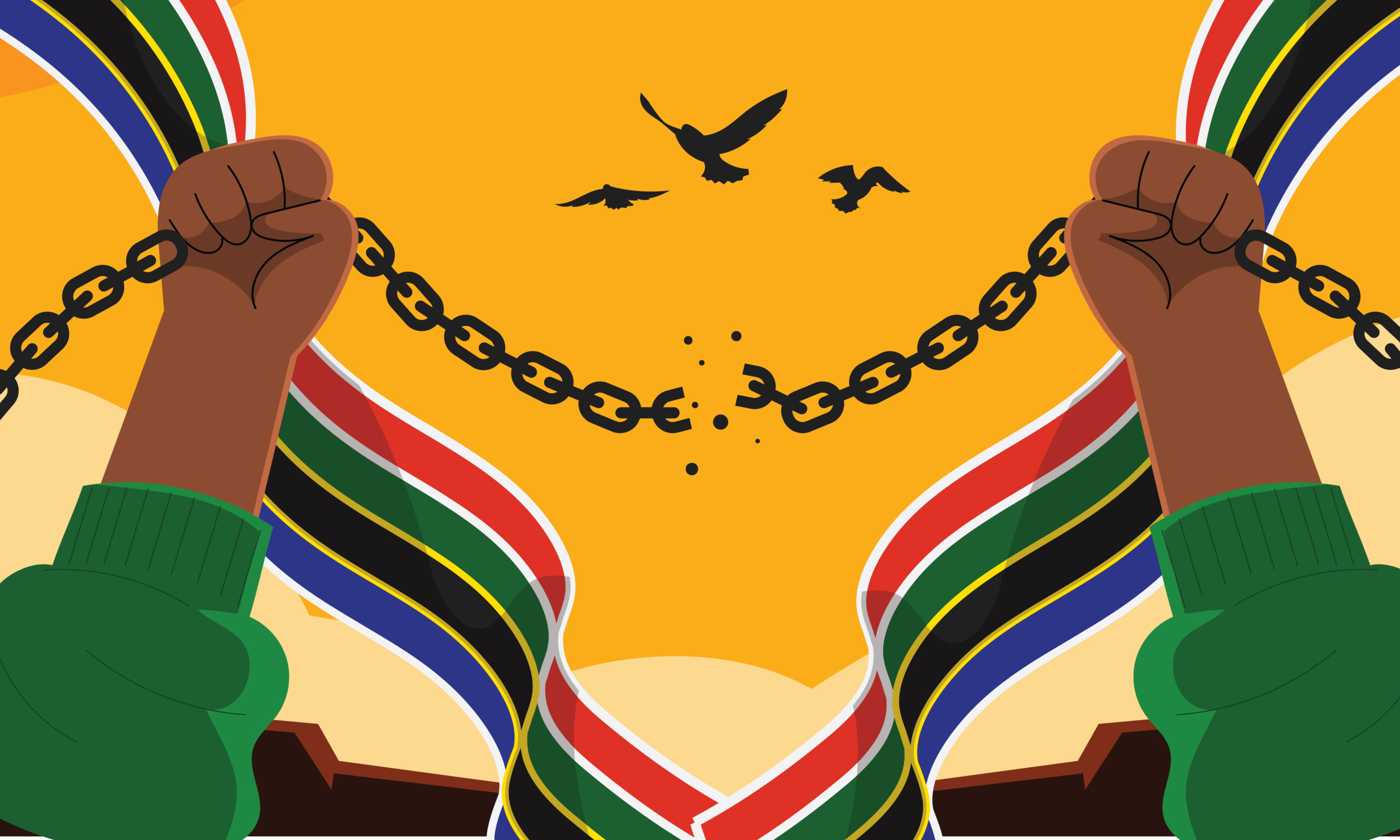By Seth Onyango
South Africa’s unprecedented move to sue Israel for genocide at the ICJ, inspired by its own history of resistance to apartheid, is reinforcing Africa’s heft in the increasingly combustible global geopolitical scene.
The ICJ in The Hague will hear arguments from South Africa accusing Israel of committing genocide against the Palestinians in Gaza.
The case, which has drawn support from several states, as well as human rights groups, is seen as a historic challenge to Israel’s military actions and policies in the occupied territories.
South Africa, which suffered under the brutal system of apartheid for decades, claims to have a moral duty to stand up for the oppressed and voiceless Palestinians, who it says face a similar fate of systematic discrimination, violence and dispossession.
Its 84-page submission asserts Israel’s actions “are genocidal in character because they are intended to bring about the destruction of a substantial part” of the Palestinians in Gaza.
It further alleges that Israel’s acts and omissions, such as air strikes, blockades, settlements, and public rhetoric, are intended to destroy, in whole or in part, the Palestinian national, ethnic and racial group, in violation of the 1948 Convention on the Prevention and Punishment of the Crime of Genocide.
Apartheid, or “apartness” in the language of Afrikaans, was a system of legislation that upheld segregation against non-white citizens of South Africa.
It sanctioned racial segregation and political and economic discrimination against non-whites, who were forced to live in separate areas from whites and use separate public facilities.
Apartheid also denied non-whites the right to vote, to own land, to access education and health care, and to participate in mainstream society.
South Africa’s history of apartheid gives it a unique perspective and credibility to challenge Israel’s treatment of the Palestinians, who have been living under Israeli occupation since 1967.
Many South Africans, including former President Nelson Mandela, have drawn parallels between the two situations and expressed solidarity with the Palestinian cause. Mandela famously said: “We know too well that our freedom is incomplete without the freedom of the Palestinians”.
Israel, which has rejected the case as “baseless” and “politically motivated”, will present its defence on Friday, arguing that it is acting in self-defence and by international law, against the militant group Hamas, which launched a deadly attack on Israeli civilians and soldiers on October 7, 2023, killing more than 1,200 people and taking about 240 hostages.
Israel says it takes measures to avoid civilian casualties and accuses Hamas of using human shields and exploiting the humanitarian crisis in Gaza.
The ICJ, which is the UN’s top court, will decide whether to issue provisional measures to stop the violence and protect the civilians in Gaza, pending a final ruling on the merits of the case, which could take years.
Yesterday, US Secretary of State Antony Blinken said S.A.’s filling distracts the world from efforts for peace and security.
“Moreover, the charge of genocide is meritless,” Blinken said at a news conference in Tel Aviv.
ICJ’s rulings, although legally binding are not enforceable as the court lacks the power to do so.
Still, the court’s opinions carry moral and political weight and could influence the actions of the UN Security Council and other international actors.
Experts suggest that a judgment against a country at the ICJ exerts substantial pressure, as it reflects poorly on a nation to disregard an order from this court.
The case comes amid a global outcry for a ceasefire and a peaceful resolution to the conflict, which has killed more than 23,000 Palestinians and wounded more than 100,000, according to the health ministry in Gaza.
The UN, the US, the EU, and several regional and international organizations have called for an end to the hostilities and a revival of the stalled peace talks between Israel and the Palestinians based on the two-state solution.
However, some analysts say that South Africa’s genocide case could complicate the diplomatic efforts and further polarize the parties and their allies, as well as undermine the credibility and legitimacy of the ICJ, which has been accused of bias and politicization in the past.
They warn that the case could backfire on South Africa, which has strong economic and trade ties with Israel, and damage its reputation and influence in the international arena.
Others, however, see the case as a courageous and principled move by South Africa, which could galvanize global solidarity and pressure on Israel to end its occupation and oppression of the Palestinians and pave the way for a just and lasting peace in the region.
They argue that the case could expose the reality and gravity of the situation in Gaza and the West Bank and hold Israel accountable for its alleged violations of international law and human rights.
The outcome of the case, which is expected to draw worldwide attention and scrutiny, could have far-reaching implications for the future of the Israeli-Palestinian conflict, as well as for the role and relevance of the ICJ and international justice in addressing the most serious crimes and disputes in the world.
South Africa’s move marks one of the few times an African state has gone on a diplomatic offensive to quell a combustible geopolitical situation. South Africa has often been criticized for its lack of leadership and initiative in addressing the conflicts and crises in its continent and beyond.
By taking the case to the ICJ, South Africa is asserting its role as a responsible and influential actor in the global arena, and as a champion of human rights and justice.
It is also demonstrating its commitment to the principles and values of the African Union, which has called for a peaceful solution to the Israeli-Palestinian conflict.
However, South Africa’s move also entails risks and challenges. It could strain its relations with some of its key partners, such as the US and the EU which have different positions and interests on the issue.
It could also face backlash and retaliation from Israel, which has accused South Africa of being biased and hostile.
Moreover, South Africa could face questions and criticisms from its own citizens and civil society, who may wonder why the government is prioritizing a foreign issue over the domestic problems of poverty, inequality, corruption, and violence that plague the country.
South Africa’s genocide case against Israel is a bold and unprecedented move that reflects its historical and moral stance on the Palestinian issue, as well as its aspiration to play a more active and constructive role in the international community.
It is also a diplomatic gamble that could have significant consequences for South Africa’s image and interests, as well as for the prospects of peace and justice in the Middle East.
bird story agency
South Africa has taken the unprecedented step of suing Israel for genocide at the International Court of Justice (ICJ) over its actions in Gaza, reflecting its historical stance against apartheid. The case, supported by several states and human rights organizations, argues that Israel’s policies and actions in Gaza aim to destroy the Palestinian national, ethnic, and racial groups, violating the 1948 Convention on Genocide.
Drawing from its own experience with apartheid, South Africa claims a moral obligation to defend the Palestinians, paralleling their plight to its own past discrimination and violence. This move has sparked a significant debate, with many seeing it as a bold challenge to Israel’s military actions while others worry it could complicate diplomatic efforts and strain international relations.
Israel dismisses the charges as baseless, citing self-defense against Hamas and alleging that Hamas uses human shields. The ICJ's rulings, although legally binding, are not enforceable but carry moral and political weight, potentially influencing international actions.
The case comes amidst a call for a ceasefire and a peaceful resolution, despite concerns that it may polarize international parties and undermine ICJ’s credibility. While some analysts believe it could galvanize global support for the Palestinian cause, others warn it may backfire on South Africa’s international standing and relations.
Regardless, the case is a significant diplomatic endeavor by South Africa, highlighting its commitment to human rights and justice, albeit at the risk of domestic and international backlash.






